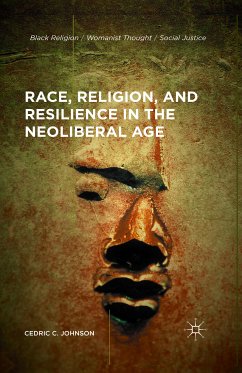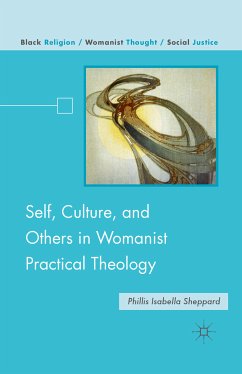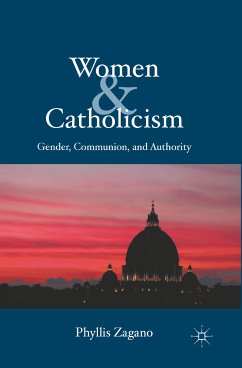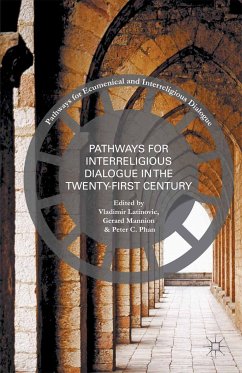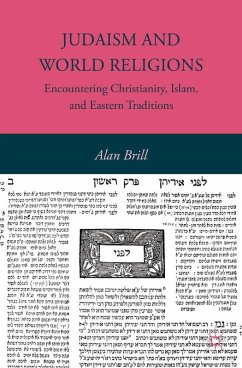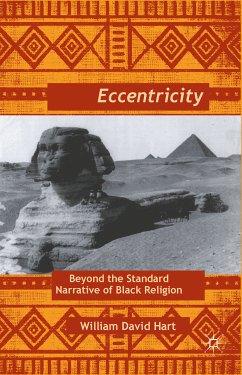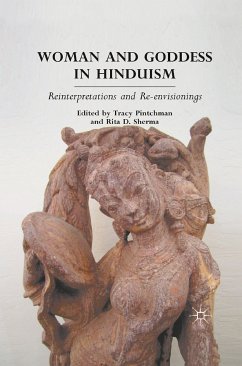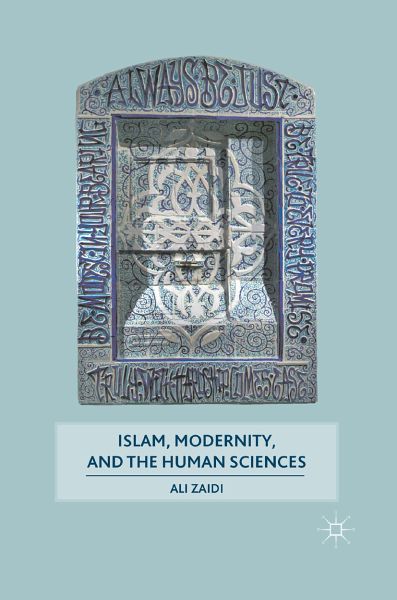
Islam, Modernity, and the Human Sciences (eBook, PDF)
Versandkostenfrei!
Sofort per Download lieferbar
72,95 €
inkl. MwSt.
Weitere Ausgaben:

PAYBACK Punkte
36 °P sammeln!
Ali Zaidi discloses a largely unnoticed dialogue between Muslim and Western social thought on the search for meaning and transcendence in the human sciences. This disclosure is accomplished by a comparative reading of Muslim debates on secular knowledge on the one hand and of Western debates on the putative death of metaphysics in the human sciences on the other hand. The analysis is grounded in dialogical hermeneutics; that is, a hermeneutic approach to texts and cultural traditions that draws upon the work of Hans-Georg Gadamer and upon the insights of inter-religious dialogue.
Dieser Download kann aus rechtlichen Gründen nur mit Rechnungsadresse in A, B, BG, CY, CZ, D, DK, EW, E, FIN, F, GR, HR, H, IRL, I, LT, L, LR, M, NL, PL, P, R, S, SLO, SK ausgeliefert werden.



